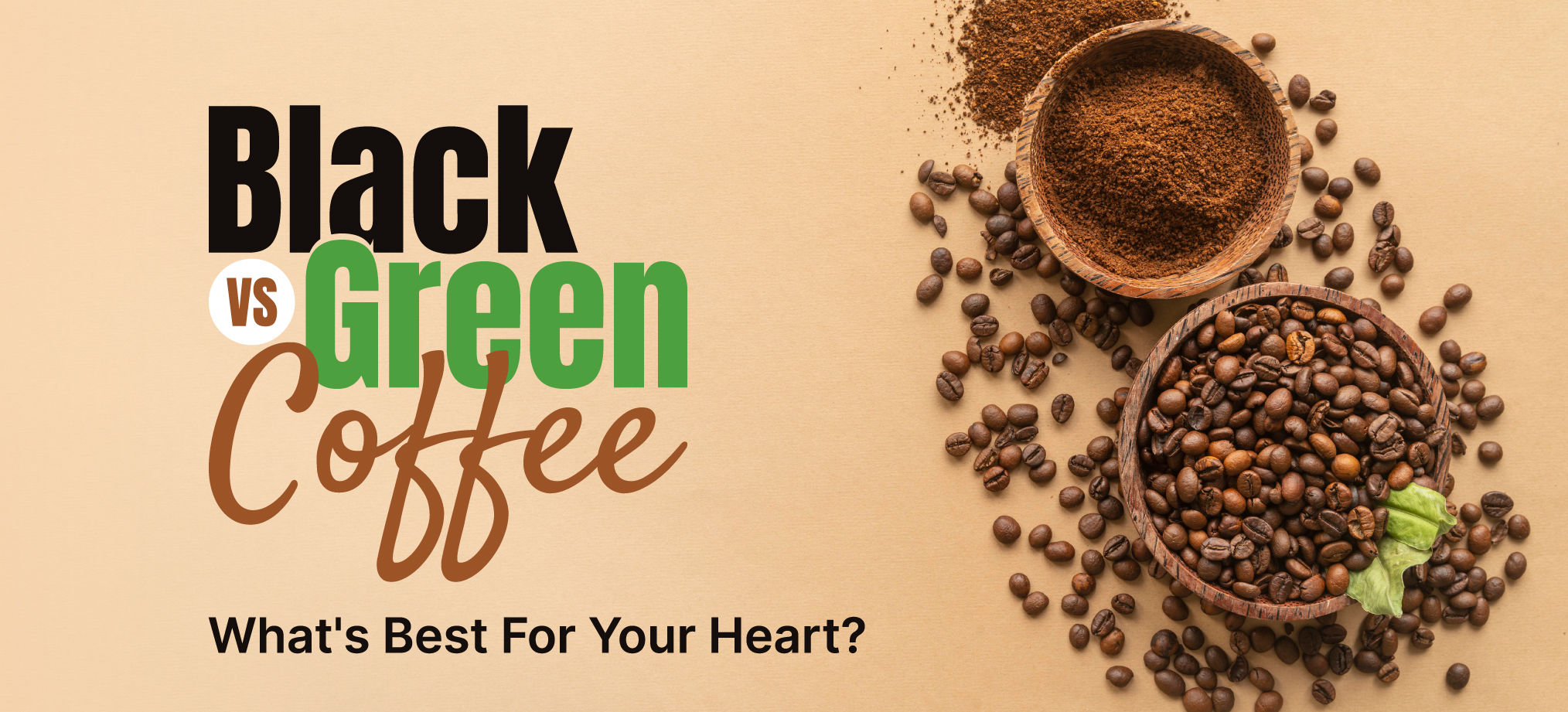Heart Conditions
Pregnancy and High Blood Pressure: What Are the Risks?
4 min read
By Apollo 24/7, Published on - 25 January 2021, Updated on - 18 October 2022
Share this article
0
0 like

Hypertensive disorders during pregnancy
- Chronic hypertension: It is the high blood pressure that can either be experienced within the first 20 weeks of pregnancy or does not resolve on its own by the 12th week after delivering. It can be mild (up to 179 mm Hg systolic and 109 mm Hg diastolic) and severe (more than 180 mm Hg systolic or 110 mm Hg diastolic).
- Preeclampsia: Preeclampsia is a pregnancy complication characterized by the high blood pressure (more than 140/90 mm Hg) along with protein release in urine after 20 weeks of pregnancy.
- Gestational hypertension: Previously known as pregnancy-induced hypertension, it occurs after 20 weeks of pregnancy marked with more than 140/90 mm Hg blood pressure.
Can high blood pressure during pregnancy cause cognitive impairment?
- Scientists from the Erasmus University Medical Center, Netherlands conducted research on 115 women with a history of HDP and 481 women with normal blood pressure during their past pregnancy. Out of the 115 women with HDP, 80 women suffered from gestational hypertension while the rest 35 had preeclampsia. After a follow-up period of 15 years, women with HDP were found to have poor working memory and verbal learning skills. The study published in the journal Neurology further concluded that the risk was higher in women with gestational hypertension.
- Another study published in the American Journal of Obstetrics and Gynecology conducted research to determine if a history of preeclampsia increases the risk of cognitive impairment 35 to 40 years after the pregnancy. Out of the total 80 women included in the study, 40 had a history of preeclampsia while the other 40 had normal blood pressure in their past pregnancy. The results of the study showed that women with preeclampsia showed more cognitive decline later in life than those who had normal blood pressure.
- A study published in the Journal of the American Heart Association included 193 women with a history of preeclampsia and 375 women with normal blood pressure during pregnancy and followed them up 18 years after the delivery. The results of the study showed that women with preeclampsia had increased risk of developing dementia and showed reduced cognitive abilities as compared to women with normal blood pressure during pregnancy.
Ways to keep blood pressure at bay during pregnancy
- Increasing the intake of water to keep the body hydrated.
- Reducing salt intake, which is hidden in processed foods.
- Consuming a diet rich in fruits, green vegetables, lentils and whole grains.
- Regularly practicing mild-intensity exercises such as walking, yoga, and pilates to prevent obesity.
- Quitting smoking and alcohol consumption until the baby is born.
- Going for regular prenatal checkups and getting blood pressure screened regularly.
By any chance if your blood pressure is abnormal even after following all the above mentioned lifestyle changes, have a consultation with our
Takeaway
Heart Conditions
Leave Comment
Recommended for you

Heart Conditions
6 Eating Tips for Better Heart-health
Choosing a healthy diet, maintaining an optimal weight, doing regular physical exercise, and quitting smoking can significantly reduce the risk of heart diseases.

Heart Conditions
The Coffee & Heart Connection: Is It Good or Bad?
There may be numerous benefits of drinking coffee but like everything else, it too comes with some side effects and risks. This article highlights the benefits and side effects of coffee on your heart.
.jpg?tr=q-80)
Heart Conditions
Recognizing Hypertension: Key Signs and Symptoms
Around 30% of adults in India now suffer from hypertension, a number that has significantly risen due to lifestyle factors. Poor eating habits, lack of exercise, and underlying conditions like diabetes and liver disease can all contribute to this increase. In this article, we will explore the symptoms of hypertension, when to seek medical attention, and how it is diagnosed. Let’s dive into understanding this silent threat and learn how to take control of our health!
Subscribe
Sign up for our free Health Library Daily Newsletter
Get doctor-approved health tips, news, and more.
Visual Stories

7 Tips to Manage Hypertension
Tap to continue exploring
Recommended for you

Heart Conditions
6 Eating Tips for Better Heart-health
Choosing a healthy diet, maintaining an optimal weight, doing regular physical exercise, and quitting smoking can significantly reduce the risk of heart diseases.

Heart Conditions
The Coffee & Heart Connection: Is It Good or Bad?
There may be numerous benefits of drinking coffee but like everything else, it too comes with some side effects and risks. This article highlights the benefits and side effects of coffee on your heart.
.jpg?tr=q-80)
Heart Conditions
Recognizing Hypertension: Key Signs and Symptoms
Around 30% of adults in India now suffer from hypertension, a number that has significantly risen due to lifestyle factors. Poor eating habits, lack of exercise, and underlying conditions like diabetes and liver disease can all contribute to this increase. In this article, we will explore the symptoms of hypertension, when to seek medical attention, and how it is diagnosed. Let’s dive into understanding this silent threat and learn how to take control of our health!